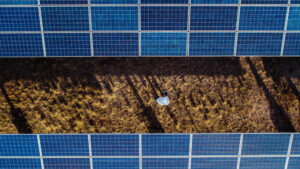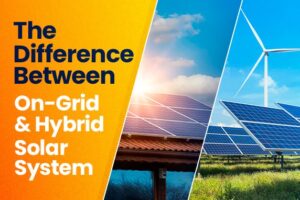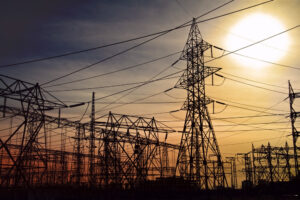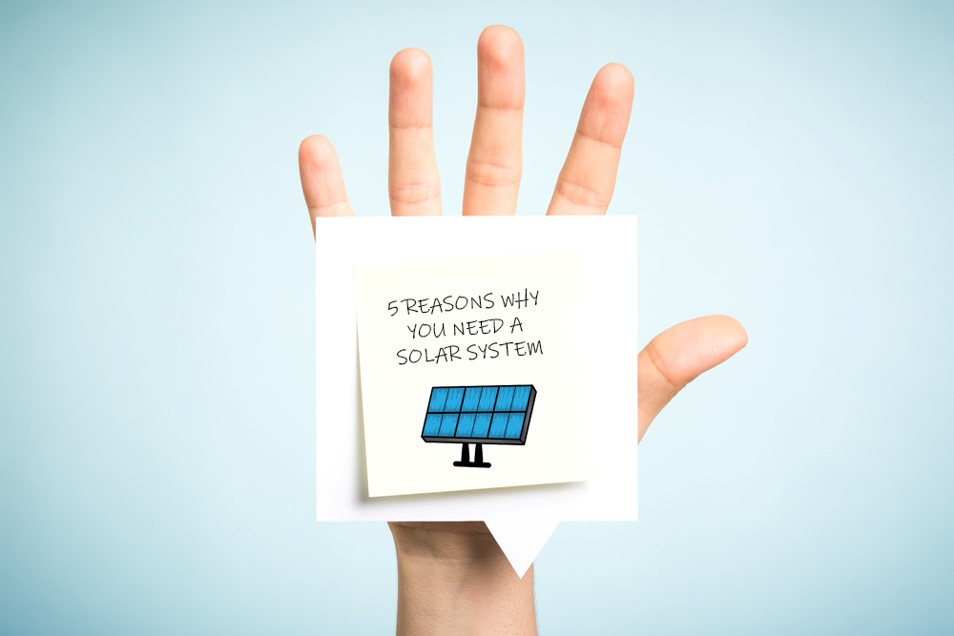
As we step into the year 2024, the world of solar energy is undergoing a transformative evolution that promises to reshape our approach to sustainable power. With technological advancements, policy shifts, and an increasing global commitment to combat climate change, the solar industry is poised for unprecedented growth and innovation. Let’s delve into the key trends and developments that are shaping the solar landscape and anticipate what lies ahead in this exciting journey towards a cleaner, greener future.
1. Innovative Solar Technologies
The year 2024 marks a significant leap forward in solar technology. Photovoltaic (PV) cells, the building blocks of solar panels, are undergoing a revolution. Tandem solar cells, which stack multiple layers of materials to capture a broader spectrum of sunlight, are becoming more commercially viable. This promises to boost the efficiency of solar panels, making them even more productive in converting sunlight into electricity.
Beyond traditional silicon-based solar cells, perovskite solar cells are emerging as a game-changer. These cells offer higher efficiency and lower manufacturing costs, opening doors to a more accessible and widespread adoption of solar energy. As research continues, we can expect breakthroughs that enhance the overall performance and longevity of solar technologies.
2. Energy Storage Solutions
While solar energy has made great strides in harnessing sunlight, the challenge lies in storing and utilizing this energy when the sun isn’t shining. In 2024, we anticipate significant advancements in energy storage technologies. Lithium-ion batteries, already prevalent in electric vehicles, are becoming more efficient and affordable for residential and commercial solar installations.
Additionally, novel energy storage solutions such as flow batteries and advanced capacitors are entering the market. These technologies offer improved scalability and longer lifespans, addressing some of the limitations associated with traditional battery storage. As energy storage capabilities expand, the reliability of solar power, especially during non-daylight hours, will increase, making solar energy a more dependable source of electricity.
3. Solar Integration into Smart Cities
Smart cities are at the forefront of urban development, leveraging technology to enhance efficiency, sustainability, and quality of life. In 2024, we can expect an increased integration of solar energy into the fabric of smart cities. Solar panels integrated into building materials, such as windows and facades, will become more commonplace, seamlessly blending renewable energy production with architectural aesthetics.
Moreover, smart grids will play a pivotal role in optimizing the distribution of solar energy. Advanced monitoring and control systems will enable real-time adjustments based on energy demand, weather conditions, and other variables, ensuring a more balanced and efficient use of solar power within urban environments.
4. Policy Support and Global Commitments
The global shift towards sustainable energy is reflected in the policies and commitments of nations worldwide. In 2024, governments are expected to strengthen their support for solar energy through a combination of incentives, subsidies, and regulatory frameworks. The goal is to accelerate the adoption of solar power and reduce dependence on fossil fuels.
International collaborations, such as the Paris Agreement, continue to drive momentum towards a low-carbon future. Countries are setting ambitious targets for renewable energy adoption, with solar playing a central role in achieving these goals. As political will converges with environmental imperatives, the solar industry is poised for rapid expansion on a global scale.
5. Solar for All: Accessibility and Affordability
In 2024, the democratization of solar power is gaining momentum. Governments, businesses, and non-profit organizations are working together to make solar energy more accessible to all communities, regardless of economic status. Initiatives to provide subsidies, financing options, and community solar programs are on the rise, breaking down barriers to entry for residential and small-scale solar projects.
Technological advancements, coupled with economies of scale, are also contributing to the decreasing cost of solar installations. As the price of solar energy continues to drop, it becomes a more viable and attractive option for a broader segment of the population, fostering a more inclusive and sustainable energy landscape.
In conclusion, the solar evolution in 2024 holds immense promise for a cleaner and more sustainable future. From cutting-edge technologies and energy storage solutions to smart city integration and global policy support, the solar industry is on the cusp of transformative change. As we anticipate what lies ahead, it is evident that solar energy will play a pivotal role in powering our world and mitigating the impact of climate change. The journey towards a solar-powered future is not just a technological revolution; it is a collective commitment to creating a more sustainable and resilient world for generations to come.















